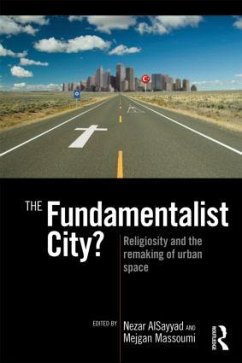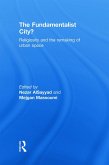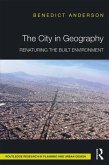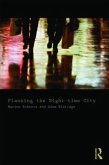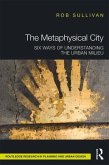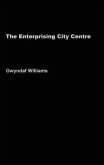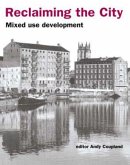The relationship between urbanism and fundamentalism is a very complex one. This book explores how the dynamics of different forms of religious fundamentalisms are produced, represented, and practiced in the city. It attempts to establish a relationship between two important phenomena: the historic transition of the majority of the world's population from a rural to an urban existence; and the robust resurgence of religion as a major force in the shaping of contemporary life in many parts of the world. Employing a transnational interrogation anchored in specific geographic regions, the contributors to this volume explore the intellectual and practical challenges posed by fundamentalist groups, movements, and organizations. They focus on how certain ultra religious practices of Christianity, Hinduism, Islam, and Judaism have contributed to the remaking of global urban space. Their work suggests that it is a grave oversimplification to view religious orthodoxies or doctrines as the main cause of urban terrorism or violence. Instead they argue that such phenomena should be understood as a particular manifestation of modernity's struggles. Nezar AlSayyad and Mejgan Massoumi's book provides fascinating reading for those interested in religion and the city, with thought provoking pieces from experts in anthropology, geography sociology, religious studies, and urban studies.
Hinweis: Dieser Artikel kann nur an eine deutsche Lieferadresse ausgeliefert werden.
Hinweis: Dieser Artikel kann nur an eine deutsche Lieferadresse ausgeliefert werden.

